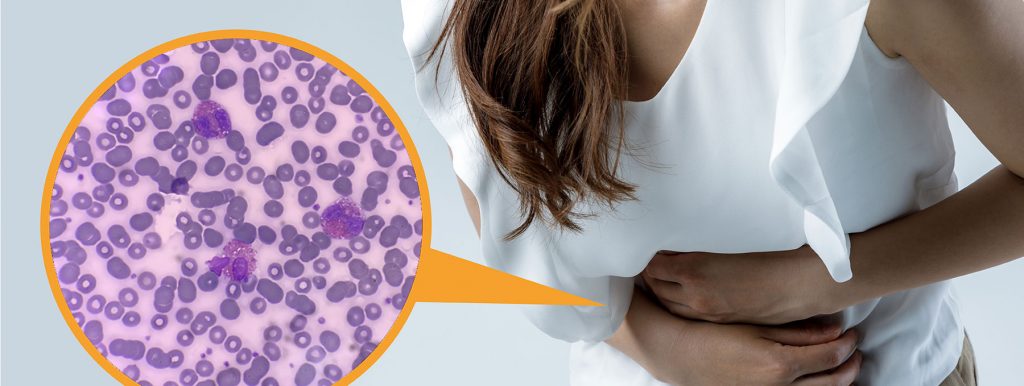La mayoría de la gente moderna está familiarizada con la forma en que se transmiten las enfermedades contagiosas. Un día, un compañero de trabajo te estornuda encima. Varios días después, empiezas a sentirte cansado y congestionado. Sin embargo, estudios recientes sobre enfermedades infecciosas están revelando un giro interesante: el momento del día en que uno […]
Melatonin and Myopia: How Sleep Patterns Are Linked to Short-Sightedness
Researchers studying whether short-sightedness is linked with sleep patterns made an interesting discovery this year: People who have myopia, or short-sightedness, have melatonin levels that are up to three times higher than people who do not have myopia. Researchers hope that the newly discovered link between melatonin and myopia may offer a cost-effective solution for […]
Melatonina y miopía: Cómo se relacionan los patrones de sueño con la miopía
Los investigadores que estudian si la miopía está relacionada con los patrones de sueño han hecho un descubrimiento interesante este año: Los miopes tienen niveles de melatonina hasta tres veces superiores a los de los no miopes. Los investigadores esperan que la relación recién descubierta entre la melatonina y la miopía pueda ofrecer una solución […]
Newly Discovered Link Between Sleep and Diabetes Warrants Early Bedtime for Children
Once a disease of adults, Type 2 diabetes is now affecting an increasing number of children in the United States. This disease is linked to increased insulin resistance and metabolic effects that can have devastating lifelong consequences. Doctors and scientists are struggling to discover the reason that so many children are suffering from Type 2 […]
La relación entre sueño y diabetes justifica que los niños se acuesten pronto
La diabetes de tipo 2, que antes era una enfermedad de adultos, afecta cada vez a más niños en Estados Unidos. Esta enfermedad está vinculada a una mayor resistencia a la insulina y a efectos metabólicos que pueden tener consecuencias devastadoras de por vida. Médicos y científicos se esfuerzan por descubrir la razón por la […]
- « Previous Page
- 1
- …
- 105
- 106
- 107
- 108
- 109
- …
- 204
- Next Page »







